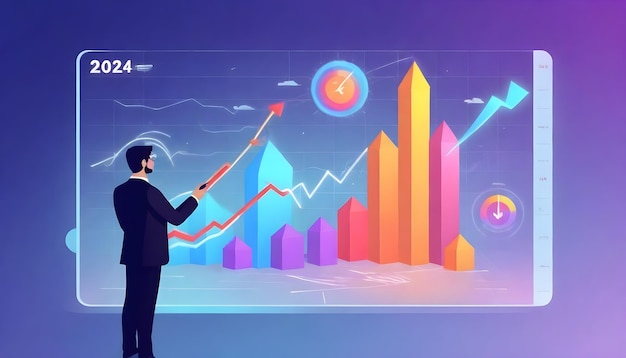Mastering Sales Predictions Using a CRM

Ever wish you could predict all your future sales like a business fortune-teller? While we might not have a crystal ball, technology lets us get pretty close. By tracking sales data with a Customer Relationship Management (CRM) system, small business owners can significantly improve their sales forecasts and reduce stress.
### Why Use a CRM?
Before diving into the predictive capabilities of a CRM, let’s discuss why small and medium-sized business (SMB) owners should be using one. CRMs aren’t just for large corporations; they offer immense benefits for smaller businesses as well.
– **Centralized Customer Data**: A CRM allows you to maintain all customer information in one place, helping you build relationships and understand customer behavior better.
– **Streamlined Sales Processes**: A CRM can speed up your sales process, reducing the time it takes to close a deal. It provides pipelines that help you visualize and manage every opportunity, from prospecting to closing.
– **Enhanced Customer Service**: Track customer inquiries and issues to ensure consistent follow-ups and personalized service.
– **Data-Driven Decisions**: By analyzing customer interactions and buying patterns, a CRM empowers you to make informed decisions, set sales targets, and predict cash flows.
### Predicting Sales with a CRM
After collecting data over time, you can use predictive analytics to forecast future sales. Here’s how SMB owners can use their CRM to predict sales:
#### Sales Funnel Forecasting
This method involves analyzing each stage of the sales funnel—like lead generation, lead qualification, proposal, negotiation, and closure. By examining conversion rates and the time spent at each stage, businesses can forecast sales volume and revenue more accurately. Quantifying the success rate at each stage helps project sales outcomes reliably.
#### Lead Scoring Forecasting
This approach assigns a score to each sales opportunity based on its likelihood of closing. Factors such as customer engagement, buying signals, and historical data are considered to calculate these scores. Sales teams can prioritize their efforts and forecast sales revenue by focusing on high-scoring leads.
Both methods provide powerful insights for predicting sales. Whether you choose Sales Funnel Forecasting or Lead Scoring Forecasting, the key is to use the data within your CRM effectively.
### Final Thought
Don’t overlook the importance of using a CRM. It’s not just about data—it’s about feeling confident in your business decisions. Trust me, you don’t want to miss out on the power of informed, data-driven planning.